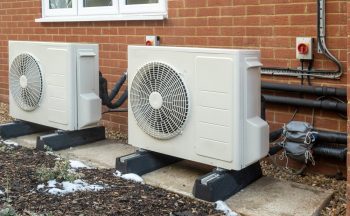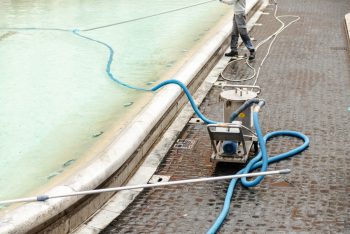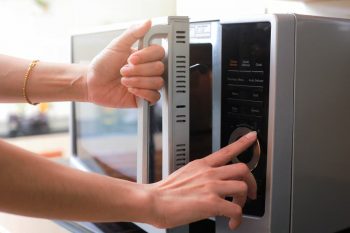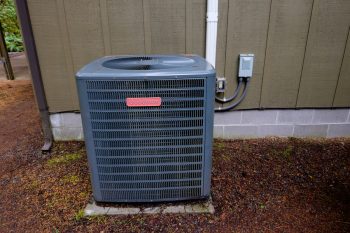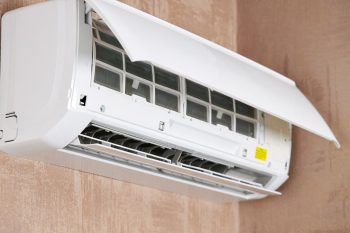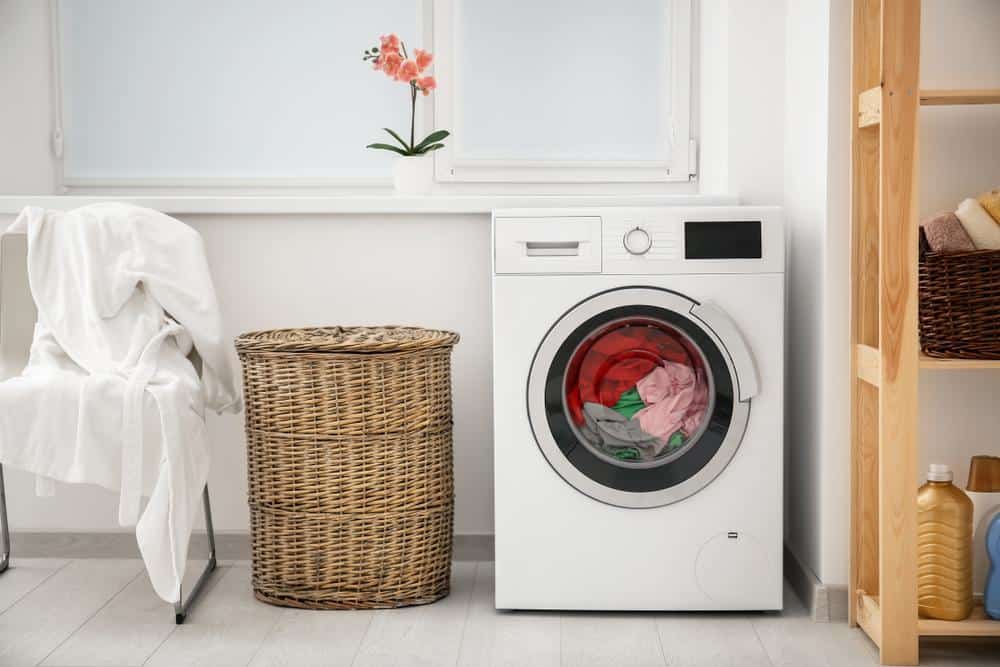
In the UK, disposing of a washing machine is not as simple as leaving it on the curb with the rest of your household waste. These large appliances are classified as hazardous waste, meaning they pose a potential risk to the environment and must be disposed of in a responsible manner. This comprehensive guide will walk you through the various options available for disposing of a washing machine in the UK.
Disposing of a washing machine in the UK involves several steps. First, prepare the machine for disposal by clearing the area, turning off the power and water supply, disconnecting the hoses, draining remaining water, cleaning the washer, and securing the drum. Disposal options include retailer take-back schemes, local recycling centres, council collection, bulky waste collection, and washing machine collection services. Eco-friendly disposal methods include donation, selling, or recycling. Always ensure your appliance is handled by authorized personnel to prevent environmental pollution.
Understanding the Importance of Proper Disposal
Washing machines, like many other large appliances, contain hazardous materials such as brominated flame retardants (BFRs), lead, and mercury. Improper disposal can lead to these chemicals contaminating soil, water, and air, posing risks to human health and the environment. Additionally, the improper disposal of washing machines contributes to landfill waste and the waste of valuable resources that could otherwise be recycled and reused.
Preparing Your Washing Machine for Disposal
Before you can dispose of your washing machine, there are several steps you need to take to prepare the appliance:
- Clear the area: Remove any clutter or obstacles around the washing machine to create a safe and accessible workspace.
- Turn off the power and water supply: Ensure the machine is unplugged and the water supply is turned off.
- Disconnect the hoses: Carefully disconnect the water hoses from the machine and the wall. Be prepared for some water to spill out during this process.
- Drain any remaining water: If there’s still water inside the washing machine, you’ll need to siphon it out before disposal.
- Clean the washer: Run a cleaning cycle to ensure the machine is clean and odor-free before disposal.
- Secure the drum: To prevent damage during transportation, it’s essential to secure the washing machine drum.
Disposal Options
There are several methods available for disposing of a washing machine in the UK:
Retailer Take-Back Scheme
Many retailers will take your old washing machine for recycling when you purchase a new one from them. This is often a free service, but it’s worth checking with the retailer before you make your purchase.
Local Recycling Centre
You can take your washing machine to a nearby recycling centre that accepts large appliances. You can find your nearest recycling centre using Recycle Now’s Recycling Locator.
Council Collection
Most local councils offer a collection and removal service for large waste items, including washing machines, for a fee. Check with your local council to see if they provide this service.
Bulky Waste Collection
Some district councils offer a chargeable bulky waste collection service for items like washing machines.
Washing Machine Collection Services
There are companies that specialize in collecting and recycling washing machines. Make sure the company you choose is authorized to handle hazardous waste.
Eco-Friendly Disposal
If you’re conscious of your environmental footprint, there are eco-friendly ways to dispose of your washing machine:
- Donate: If your washing machine is in working condition, you can donate it to charities, social enterprises, or families in need.
- Sell: You can sell your washing machine on online marketplaces like eBay and Gumtree or through local networks and noticeboards.
- Recycle: Take your washing machine to a local recycling centre where it will be broken down and the materials will be recycled.
Final Thoughts
Disposing of a washing machine in the UK involves a little more effort than simply throwing it away. However, by taking the time to dispose of your appliance responsibly, you can help reduce environmental pollution, conserve natural resources, and even help someone in need. Always remember to check with your local authority or waste removal experts to ensure you follow the necessary procedures and your washing machine is taken to a registered waste transfer station for proper disposal.
Frequently Asked Questions
Can I dispose of my washing machine at a landfill?
No, you cannot. Washing machines, like other large appliances, contain hazardous materials that can contaminate the environment if not disposed of properly. Instead, consider options like retailer take-back schemes, local recycling centres, council collections, bulky waste collections, or washing machine collection services.
How do I secure the drum of the washing machine before disposal?
You can secure the drum by using transit bolts that come with the washing machine. If you don’t have them, you can purchase them online or from an appliance store. The bolts are inserted into the machine’s back, preventing the drum from moving during transportation.
What should I do if my local council doesn’t offer a collection service for large waste items?
If your local council doesn’t offer a collection service, you can consider other options like taking the washing machine to a local recycling centre, using a retailer take-back scheme when you buy a new machine, or using a washing machine collection service.
How can I find a company that is authorized to handle hazardous waste?
You can check if a company is authorized to handle hazardous waste by asking them directly, or by checking their credentials and certifications on their website. You can also check with the Environment Agency’s public register of waste carriers.
What should I do if there’s still water in my washing machine before disposal?
If there’s still water inside the washing machine, you’ll need to drain it before disposal. You can do this by siphoning the water out using a hose, or by using the machine’s drain function if it’s still operational.



